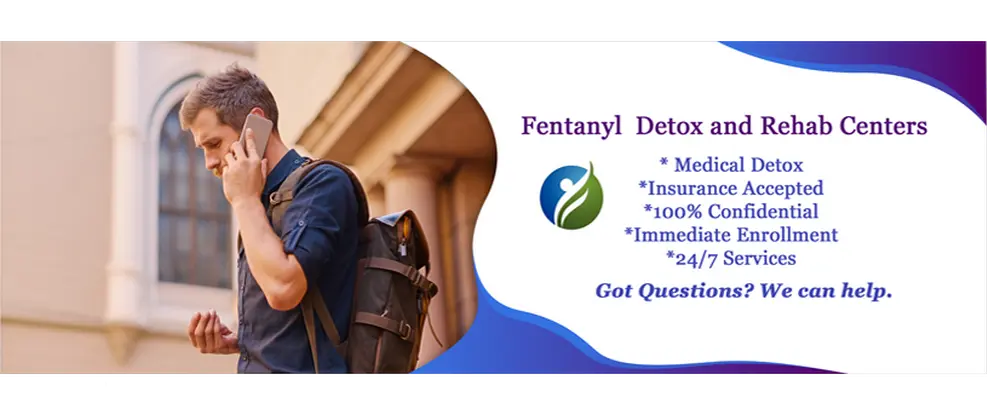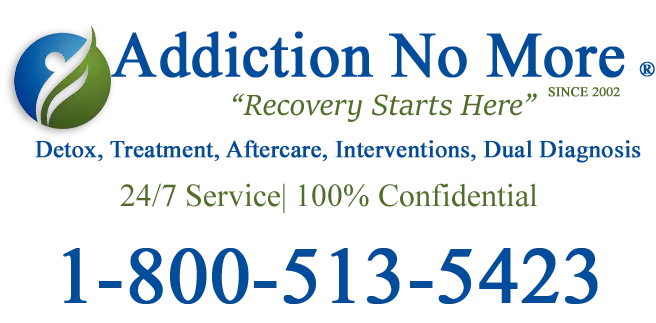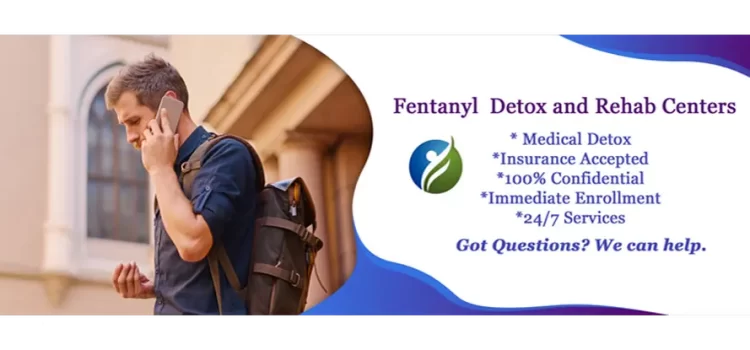Fentanyl Addiction, Misuse, Dependency, and Treatment Options
Seeking treatment for Fentanyl Addiction will be one of the best decisions you can make. Most treatment programs that offer a program specifically for Fentanyl abuse will have a detoxification program they are associated with or have on-site to ensure a painless withdrawal. Fentanyl is one of the most addictive opioids manufactured today, but rest assured there are rehab programs that will make recovery possible.PUBLIC HEALTH ALERT: The USA is in the midst of an opioid overdose epidemic. If you or someone you know needs help, effective treatment is available and can save lives. Fentanyl addiction has reached a critical point in addictions and overdoses in the United States with more than 200,000 cases per year. The latest statistics available show that in 2022, about 200 people every day of the year lost their battle with fentanyl addiction and died. Over a quarter million people in the United States have died from a fentanyl overdose since 2018, in 2022 alone 73,654 people died from fentanyl overdoses, which is more than double the number of deaths from just three years ago in 2019. It has left many families wondering what they could have done differently to help their loved ones. Fentanyl is prescribed to people who deal with severe pain, and now it is manufactured and sold illegally. Fentanyl is a Schedule 11 narcotic controlled under the Substances Act, which means that it has a high potential for misuse, addiction, and physical dependence. Fentanyl is now being laced into almost every illegally bought drug type on the market. This has caused people to overdose without knowing that they were taking Fentanyl.
Physical and psychological reliance on opioids, a substance found in certain prescription pain medications and illegal drugs like heroin. Opioids are prescribed to treat pain. With prolonged use, pain-relieving effects may lessen and pain can become worse. In addition, the body can develop dependence. Opioid dependence causes withdrawal symptoms, which makes it difficult to stop taking them. Addiction occurs when dependence interferes with daily life. Taking more than the prescribed amount or using illegal opioids like heroin may result in death. Symptoms of addiction include uncontrollable cravings and inability to control opioid use even though it’s having negative effects on personal relationships or finances. Treatment varies but may include discontinuing the drug. Medications such as methadone can help alleviate the symptoms of withdrawal and cravings. Pairing medication with inpatient or support programs generally has the most success. Deciding to find treatment for Fentanyl misuse is one of the best things that you could do for yourself or a loved one. Even when someone doesn’t know that they have been taking Fentanyl, by using other drugs, they may be inadvertently using the drug without their knowledge. That alone is a scary gamble for those who thought they were taking another drug just to have it laced with fentanyl and end up overdosing.
1-800-513-5423
What You Will Learn:
Fentanyl Information
Testing Your Street Drugs for Fentanyl
Seeking Treatment for Fentanyl Misuse
What types of programs are available for fentanyl or opioid abuse?
Signs and Symptoms of Fentanyl Dependency
What are the withdrawal symptoms of fentanyl?
How much does fentanyl rehab cost?
How We Can Help
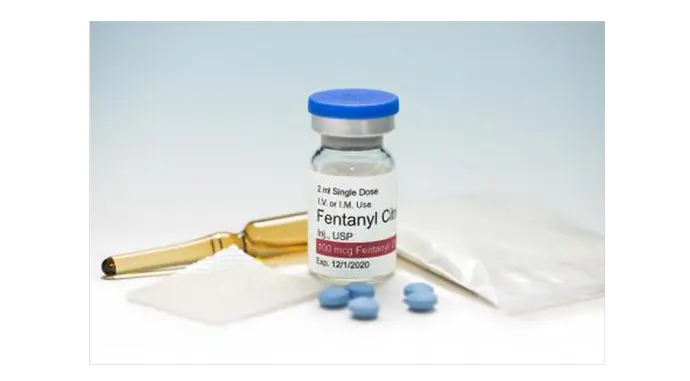
Prescription fentanyl is available under such names as Actiq®, Duragesic®, and Sublimaze® in the form of tablets, an injectable liquid, lozenges, and patches. When it is intentionally misused, fentanyl often shows up as a powder, spiked on blotter paper, or is mixed with or substituted for heroin and other street drugs. Image from DEA.gov
Fentanyl Information
Fentanyl is one of the most potent opioids on the market. It is 50-100 times more potent than morphine. Fentanyl is often prescribed in patches for those who have been diagnosed with severe pain that cannot be treated without a very potent opioid. Its potential for abuse has been well studied, and the FDA has put in safeguards to try and get a handle on the deaths that are attributed to Fentanyl overuse.Fortunately, there is a solution for those who have started to misuse their Fentanyl prescriptions through finding a detoxification program and entering an inpatient fentanyl addiction rehab center. We can help you find a treatment program that specializes in treating fentanyl addictions, including pain-free detoxification options, residential inpatient treatment programs, and aftercare programs.
With fentanyl now being found in almost every type of street drug, getting a fatal overdose without the knowledge of Fentanyl being present in the drug supply has made it hard for addicts to stay safe while doing their drugs. Fentanyl has been found in almost every type of street drug, including pills that look like pharmaceutical-manufactured prescription medications. Not knowing if Fentanyl is in the medications and street drugs makes it very dangerous to do any street drug without testing it first to make sure that it has not been cut with Fentanyl.
1-800-513-5423
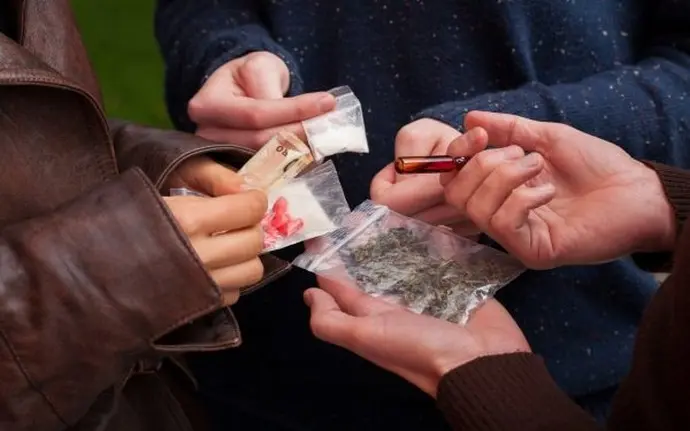
Testing Your Street Drugs for Fentanyl
Testing your street drugs before use is the only way to make sure the drugs you are using are not cut with Fentanyl. We urge everyone who has been using any type of street drug to make sure that you know what is in your drug of choice to ensure that you do not fall victim to an accidental overdose. There are commercially available Fentanyl test strips that will be able to let you know if your street drugs have been laced with Fentanyl. How to test drugs for fentanyl.
Amazon and other shopping sites have Fentanyl testing supplies that you buy to help you know if there is Fentanyl in drugs that have been procured off the streets. This is the best way to make sure that drugs are not laced with this dangerous drug. When you purchase drugs off the street you just do not know what is in them, that alone can be dangerous and sometimes fatal to those who do not have a tolerance to Fentanyl built up.
Seeking Treatment for Fentanyl Misuse
When seeking treatment for Fentanyl misuse and addiction it is best to be as informed as possible, so you know what to expect before entering an inpatient or outpatient treatment program for Fentanyl misuse. There are differences in philosophies, modalities, and therapies at each rehab program. This is why it is important to find a program that will work for you with a curriculum that is tailor-made for your specific addiction and circumstances. It is sometimes beneficial for the client to go to treatment further away from home. Getting away from temptations and friends who may still be using is often better for many people. Clients who go to rehab in another state also have a harder time leaving treatment early as well. Depending on the situation, our counselors may suggest looking for substance abuse programs that are a plane flight away.Please contact us by phone for immediate assistance. This is a necessary step in beginning the recovery process for yourself or for a loved one. Our addiction treatment specialists and staff have over 25 years of experience in helping people find effective and affordable treatment for all addictions. What you tell us is completely confidential. We are HIPAA compliant. We are here to answer your questions and to get you (or a loved one) into treatment today. For immediate intake, call us now.
1-800-513-5423

What types of programs are available for fentanyl or opioid abuse?
Medication-assisted treatment programs also referred to as “medications for addiction treatment” can be an effective way for some people to overcome drug and alcohol addictions. MAT programs are not just for medication dispensing, these programs also offer counseling, weekly consultations, and family coordination services. It is highly recommended that you also enroll in an outpatient treatment program or attend support group meetings to give you more support while enrolled in a MAT program.What Medications are used in MAT treatment programs?
*Buprenorphine (Suboxone®)
*IM Buprenorphine (Sublocade®)
*Extended-release naltrexone (Vivitrol®)Detox
Inpatient: Inpatient or residential rehabs offer 24-hour support, monitoring, and therapy programs while you live at the facility for a period of time. Inpatient rehab center programs are highly recommended for those who are suffering from a fentanyl or opioid misuse condition.
Outpatient: There are several different types of outpatient rehab center programs including regular outpatient, intensive outpatient treatment programs (IOP), seeing a therapist, and partial hospitalization treatment programs. Some outpatient treatment programs also offer housing through their sober living network.
Aftercare: Aftercare programs provide support and services for those who have completed a residential or intensive outpatient therapy program. These programs are very important in early recovery to give the individual a support system, and continued care program. Some aftercare programs may be provided by the center where a person has been to treatment. The rehab center-provided aftercare programs will work in conjunction with the program that the person has completed and often have a sober living house that can give a person a transitional living environment.
Whichever program you decide to enter is a step in the right direction and with our help, we can help you determine which approach is best for your given circumstances. Our treatment specialists will answer your questions and help you learn the different approaches that are available to you for treatment in and outside of your area.
1-800-513-5423
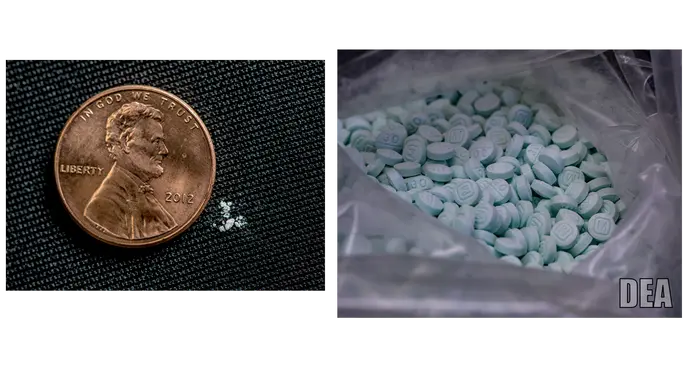
Signs and Symptoms of Fentanyl Dependency
When a person is worried about whether they have become addicted to opioids, chances are they have already developed a dependency on opioids. Substance abuse disorders are a treatable chronic medical condition that involves complex interactions between brain chemistry, genetics, life experiences, and environmental challenges. Addiction is an uncontrollable urge to use despite knowing the harmful consequences that escalate with continued use.You may have become addicted to Fentanyl if you have experienced two or more of the following symptoms as laid out by the 5th edition of the diagnostic and statistical manual for mental disorders, often used by clinicians and doctors who have been trained to recognize opioid abuse disorders and other drug misuse disorders. The symptoms of an opioid abuse disorder can include the following:
Inability to complete tasks, including work, home, or school.
Continued use of fentanyl or opioids even when it negatively impacts your relationships.
Having cravings for opioids or fentanyl.
Using opioids longer than you intended.
Using more opioids to get the same desired effect.
Tolerance is going up.
Using opioids or fentanyl during physically dangerous tasks.
Continued use after noticing physical or mental health problems developing.
Stopping things that you previously enjoyed due to fentanyl or opioid misuse.
Confusion.
Slurred speech.
Balance problems.
Ongoing constipation.
Reduced sex drive.
It is possible to become addicted to opioids or fentanyl if you are using them as prescribed, you can build up tolerances, and experience withdrawal symptoms. In cases where fentanyl is prescribed for long-term pain management, there is a diminished sensitivity to its effects and some people will have to use more of the medication to have the same desired effect.
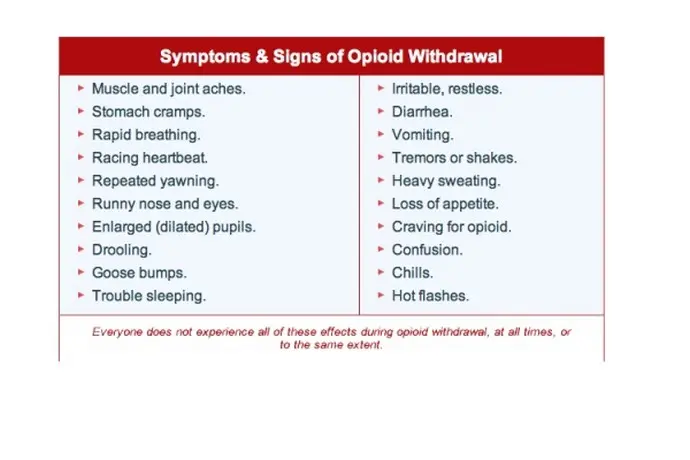
What are the withdrawal symptoms of fentanyl?
When a person develops a physical dependency on fentanyl, they will start to develop withdrawal symptoms when they stop taking it. These symptoms can include the following:Cold flashes
Diarrhea
Severe cravings
Insomnia
Restless leg syndrome and muscle spasms
Cold flashes
Muscle ache and bone pain
Goosebumps, and clammy skin
Behavioral withdrawal symptoms can include:
Anxiety
Depression
Irritability
Mood Swings
These withdrawal symptoms can become so unbearable that a person relapses and starts to use again just to feel better. This is one of the main reasons that someone seeks help for fentanyl addiction and misuse. Seeking help from a detox center program is usually the first step in recovery for most people who have become dependent on opioids. When detox is completed, it is highly recommended to enter into an inpatient fentanyl addiction rehab center program to help with the mental side of the addiction condition.
Fentanyl misuse can be life-threatening. When a person is starting to overdose from fentanyl or opioids there are potentially life-threatening consequences and lifelong side effects that can have a serious impact on your life. When a person overdoses on fentanyl, their oxygen intake or breathing slows down or completely stops, reducing the intake of oxygen to the brain causing a condition called Hypoxia. This can lead to brain damage, coma, or even death in some cases. Overdosing from opioids or fentanyl is a medical emergency that can be reversed with Naloxone. Getting help is the best way to handle this addiction either through a fentanyl detox program, medication-assisted treatment program, or through an inpatient fentanyl substance abuse treatment program. As of 2022, you can buy Narcan without a prescription from your healthcare provider in all 50 states including Puerto Rico. Individual states may have implemented their own rules about purchasing Narcan without a prescription. In some states, a pharmacist must have a standing order from a healthcare provider to dispense Narcan without a prescription. This means that it isn’t mandated by the state. Healthcare providers and pharmacists can form their own agreement to allow the sale of Narcan without a prescription.
We can help, our intake specialists will be able to give you options for treatment and detox in and outside of your area.
1-800-513-5423
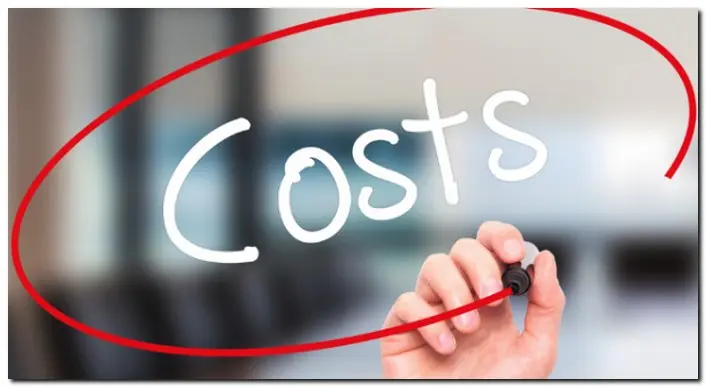
How much does fentanyl rehab cost?
One of the first things we think of when deciding to enter a rehab program for fentanyl dependence is the cost. There are many ways to afford treatment including using your health insurance, private loans, scholarship programs, state-funded rehabs, and free drug rehab centers. The costs of treatment at a private rehab range from about 6000- 30,000 a month for a good private center, and 30,000- 100,000 plus a month for a celebrity-type rehab center program. If you have private health insurance, you can use your policy to cover some or all the costs for detox and inpatient rehab center programs. Give us a call and we can verify if your insurance plan is in-network with one of the rehab center programs we work with. The programs that we work with accept most private health insurance plans.
How We Can Help
Our addiction treatment specialists and staff have over 25 years of experience in helping people find effective and affordable treatment for all addictions. We can help you verify if your insurance is in network with one of the treatment centers near you. What you tell us is completely confidential. No one will ever know that we spoke to you without your consent. We are HIPAA compliant.We can help educate you as to which type of program is best suited for you. We know that entering into a treatment program is a huge step to take and the commitment to treatment can seem overwhelming. Our counselors are here 24/7 to help guide you to the best-suited treatment center for you. Do not wait until something adverse happens before you commit to treatment for addiction to Fentanyl. Our certified counselors will help you answer any questions you have. If you need help locating an inpatient rehabilitation program call to speak with one of our counselors today. We are here to help you find a treatment center that is close to where you live or anywhere in the country.
1-800-513-5423

Sources
DSM-5-TR Diagnostic and Statistical Manual
Drug Overdose Statistics
Opioids
HIPAA Home
Erik Epp – Content Author
